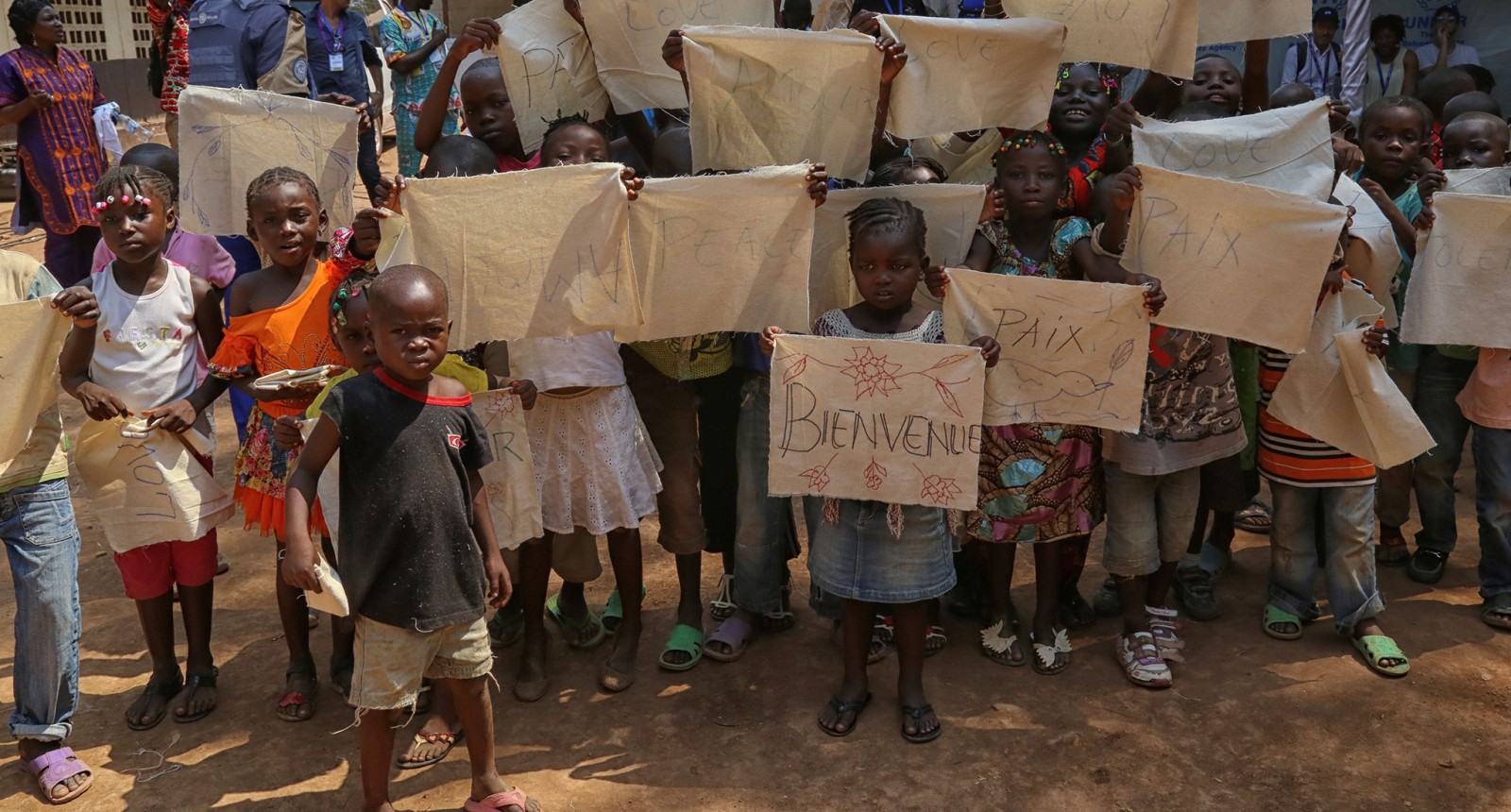
The first virtual regional MOST Forum of Ministers of Social Development in Central Africa was convened by UNESCO’s Management of Social Transformations (MOST) Programme, in association with the Government of Gabon, and in cooperation with the Economic Community for Central African States on “Poverty in Central Africa: Impact of the COVID-19 Pandemic and Strategies”. Its aim was to build stronger synergies in Central African countries between public policies and social science research in order to tackle the growing challenge of poverty, exacerbated by the COVID-19 pandemic, in the context of the Agenda for Sustainable Development 2030 and the African Union’s Agenda 2063.
The Sub-Saharan Africa sub-region has the highest rate of people living below the poverty line in the world (55 percent in 2014 according to the Economic Commission for Africa (ECA)).
The Forum discussed in detail how COVID-19 not only significantly aggravates poverty, but also contributes to growing inequalities and social exclusion. According to the ECA, 71% of the population in Africa works in the informal sector and ministers raised the concern that, due to lockdowns and social distancing, millions of people have lost their livelihoods. This situation creates a strong need for social protection. In a report entitled “UN Framework for the immediate socio-economic response to COVID-19”, launched in April 2020, social protection is considered to be one of the five key policy responses to the pandemic.
Special emphasis was put on the need to focus on the most vulnerable: persons with disabilities; women and girls; and youth (totaling 60% of the African population). As elsewhere in the world, there is also an alarming increase in violence against women and girls due to lockdowns.
The Forum stressed that public policies need to be supported by research and data, but that there is a clear lack of this in the subregion.
The Forum concluded by the adoption of a ministerial declaration giving a strong mandate to UNESCO’s Social and Human Sciences Programme and its MOST Programme to assist Member States in the region during these challenging times.
UNESCO’s MOST Programme will focus on a comprehensive MOST research, capacity-building and policy support project, to support data systems in Central Africa in relation to poverty eradication, the reduction of inequalities and post-pandemic resilience, focusing on gender, persons with disabilities and youth.
The Government of Ghana was represented by Ms. Prisca Koho Nlend, Minister for Social Affairs and Women’s Rights. The Forum also benefitted from participation at the ministerial level by Angola, Cameroon, Congo, the Democratic Republic of Congo, and Tchad. Senior officials included the Permanent Secretary of the Ministry of Social Affairs of Burundi. The Secretary Generals of several National Commissions participated along with searchers and representatives from, among others, the African Development Bank, ECCAS, the European Union, the International Labour Organization, the International Monetary Fund, the World Bank, UNDESA, UN-WOMEN and UNESCO. The President of the MOST Intergovernmental Council, Prof. Erwan Dianteill, France, chaired most of the event.
For more information, please visit:
https://en.unesco.org/themes/social-transformations/most/forum-ministers
Source: UNESCO
 Welcome to the United Nations
Welcome to the United Nations